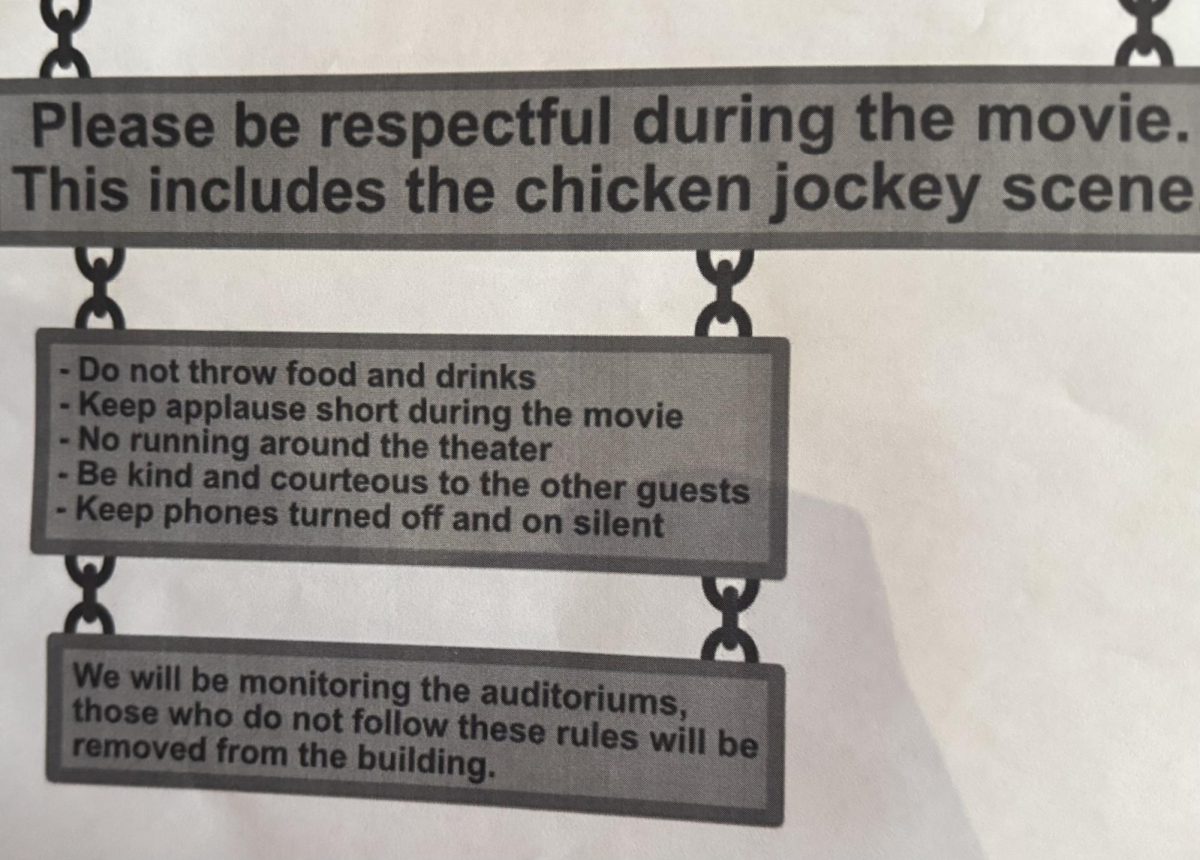Imagine a future in which Macalester doesn’t divest from fossil fuels. Instead, a movement on campus encourages the placement of artificial trees designed to absorb carbon from the atmosphere, making possible our goals for carbon neutrality by 2025. Next to our infamous windmill stands a racket-like structure sucking up carbon dioxide from the air faster than naturally possible. These pseudo-trees are an easily imagined example of the seemingly crazed future that may come from geoengineering.
Geoengineering, the calculated manipulation of the physical landscape, often on a planetary scale, is a topic gaining notoriety within the environmental science community. While some Macalester students may shudder at the thought of plastic trees lined up alongside Bateman Plaza, the reality is that fake trees are one of the simplest and least threatening geoengineering projects being explored and modeled in laboratories. Other potential proposals to maintain the current climate include launching solar mirrors into space to deflect sunlight, increasing carbon sequestration by promoting algal growth with iron shellings dumped into oceans, and spraying aerosols into the atmosphere to reduce the amount of sunlight filtering through the clouds. The potential risks involved in these projects dwarf the threat of artificial trees.
Despite the comparatively small scale, artificial trees still require serious examination. According to scientists at Columbia University, artificial trees can sequester one ton of carbon from the air every day; the equivalent to 36 vehicles’ daily emissions. Ten million of these trees could sequester 12 percent of carbon emissions that humans produce each year. Clearly even the smallest geoengineering projects have huge planetary impacts and possibly unidentified risks.
While artificial trees may seem unthreatening, we shouldn’t allow projects of such a scale to be determined behind closed doors. Scientists, private sector investors, and policymakers are having these discussions without engaging or informing the public. In March 2010, international scientists and other experts held a conference on the ethics and the future of geoengineering, however, the voice of citizen concerns were not represented. As a campus, we need to think more seriously about the role of technology and geoengineering as a solution to carbon emissions and climate change.
Students at Macalester and citizens around the world need to get informed and make a conscious effort to think critically about these issues so that they can engage in a citizen-level discussion before the door opens to riskier geoengineering projects. Weighing the pros and cons of behavioral and technological solutions to climate change is necessary for a thorough analysis of our energy future. Whether your opinion is one of cautious support or determined opposition, make your voice heard! The results of geoengineering are far-reaching and the risks are irreversible. This is not a topic students can afford to be apathetic about. Getting educated isn’t hard; a simple Google search will lead you to both fact and opinion-based results from the Guardian, Foreign Affairs, and more. So take a study break, do some research, and have a conversation with a roommate or friend about the implications of this emerging field.







Isaac Dickens • Sep 11, 2019 at 5:21 pm
Itís going to be end of mine day, except before end I am reading this enormous paragraph to increase my knowledge.
Irene Stewart • Sep 8, 2019 at 4:20 pm
Really good visual appeal on this internet site, I’d rate it 10 10.